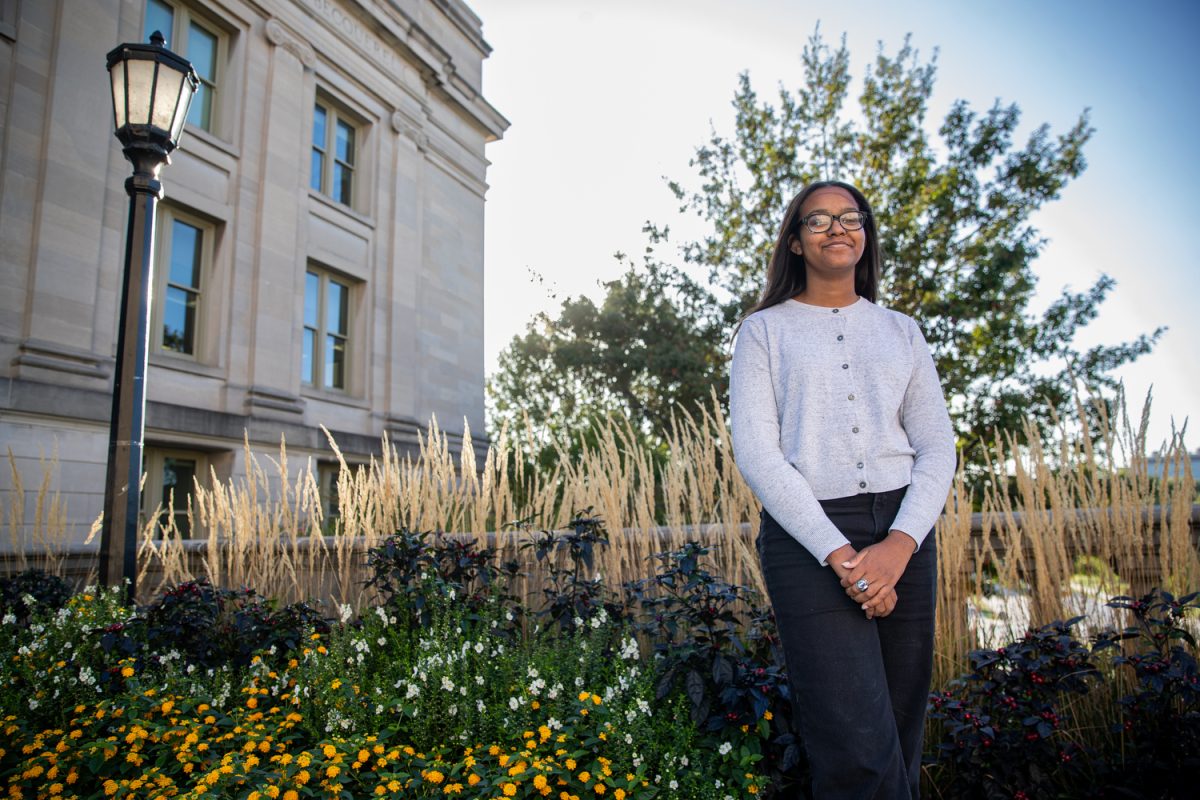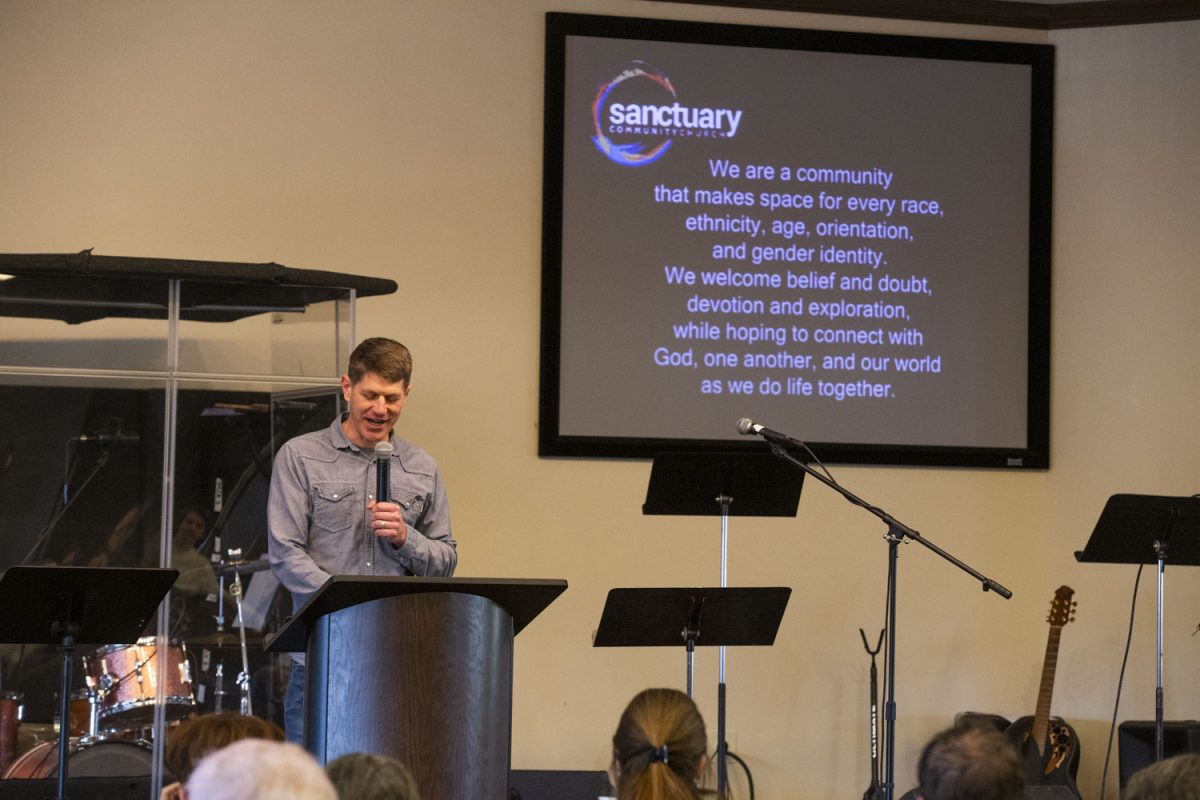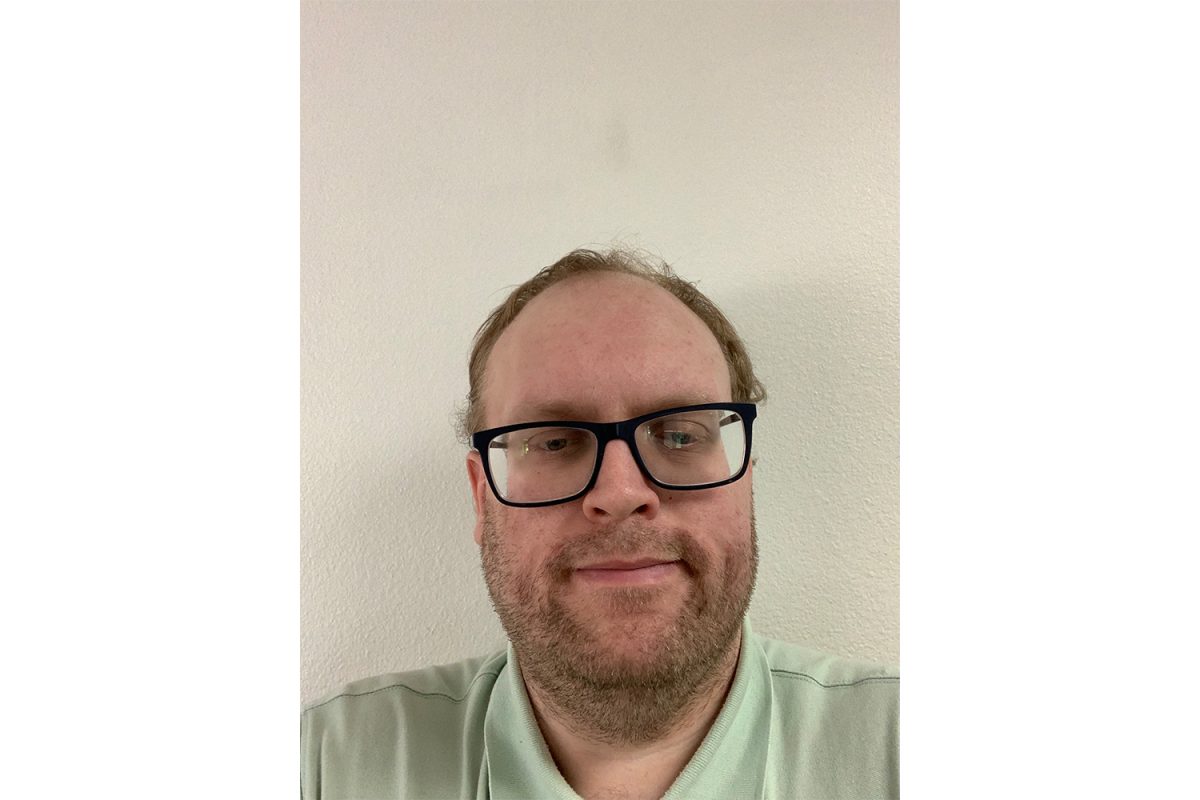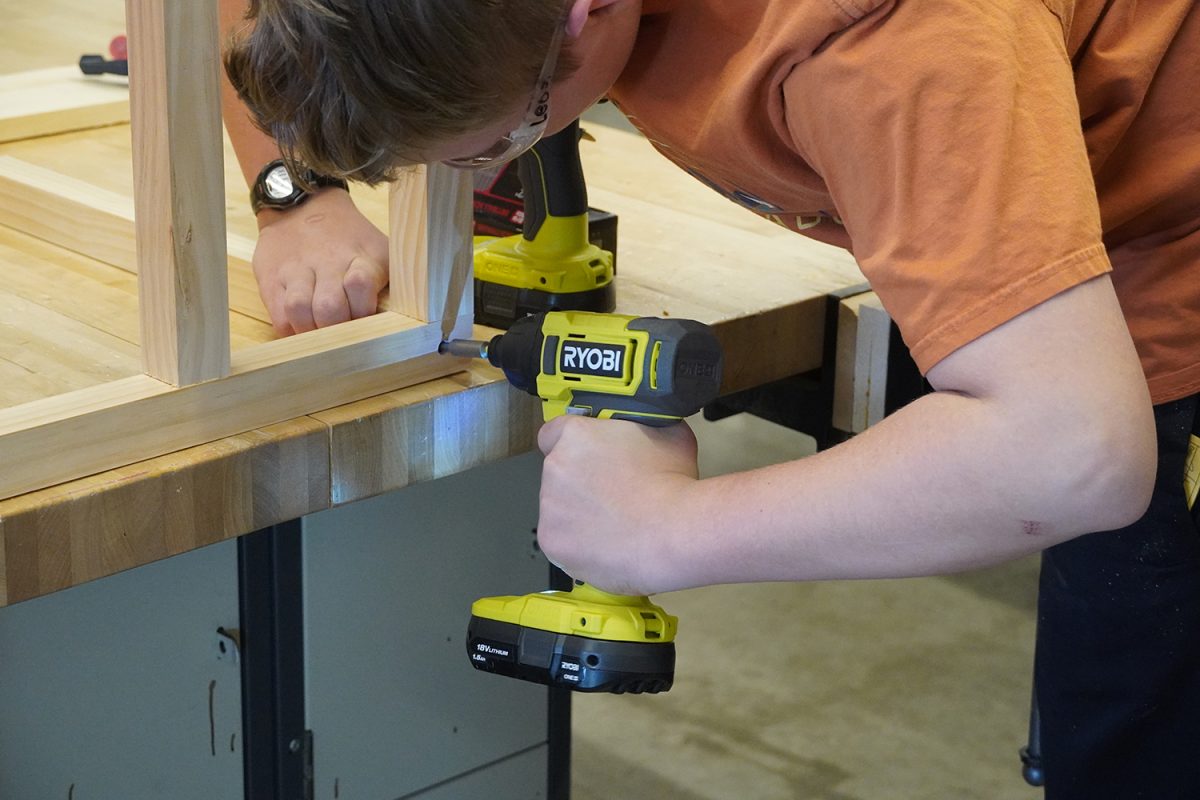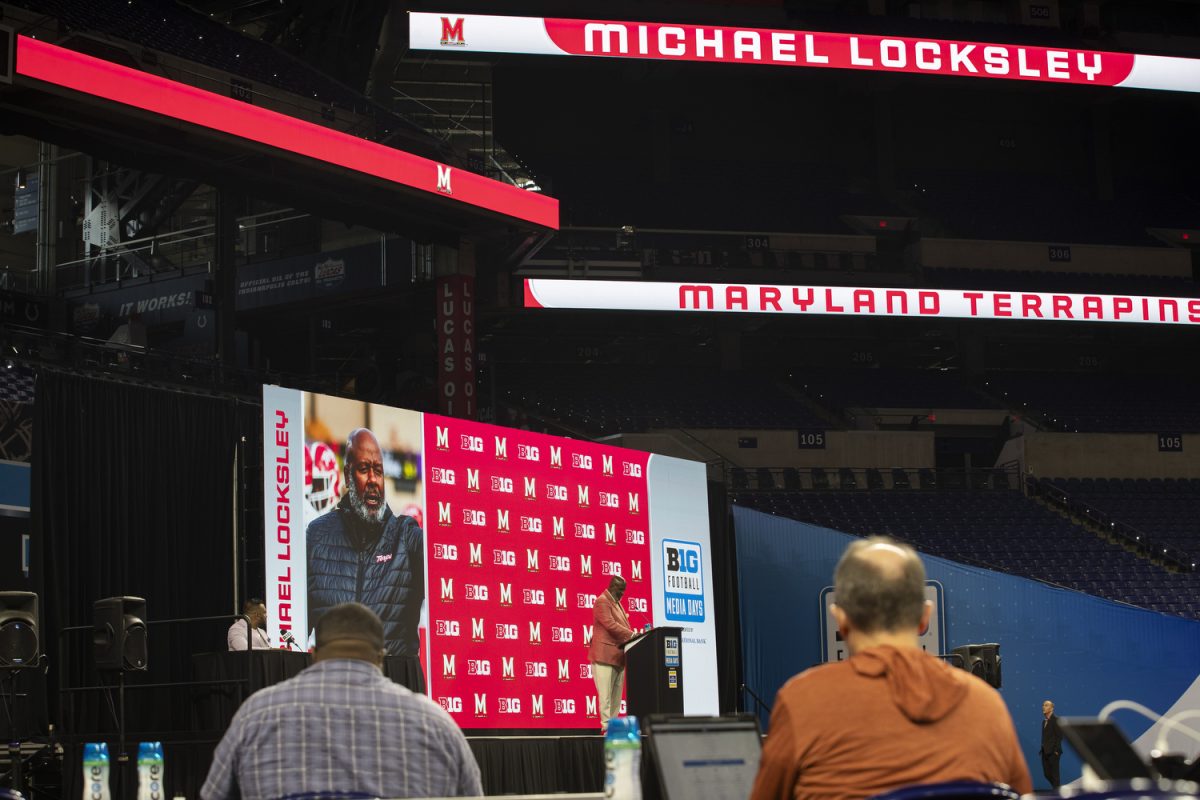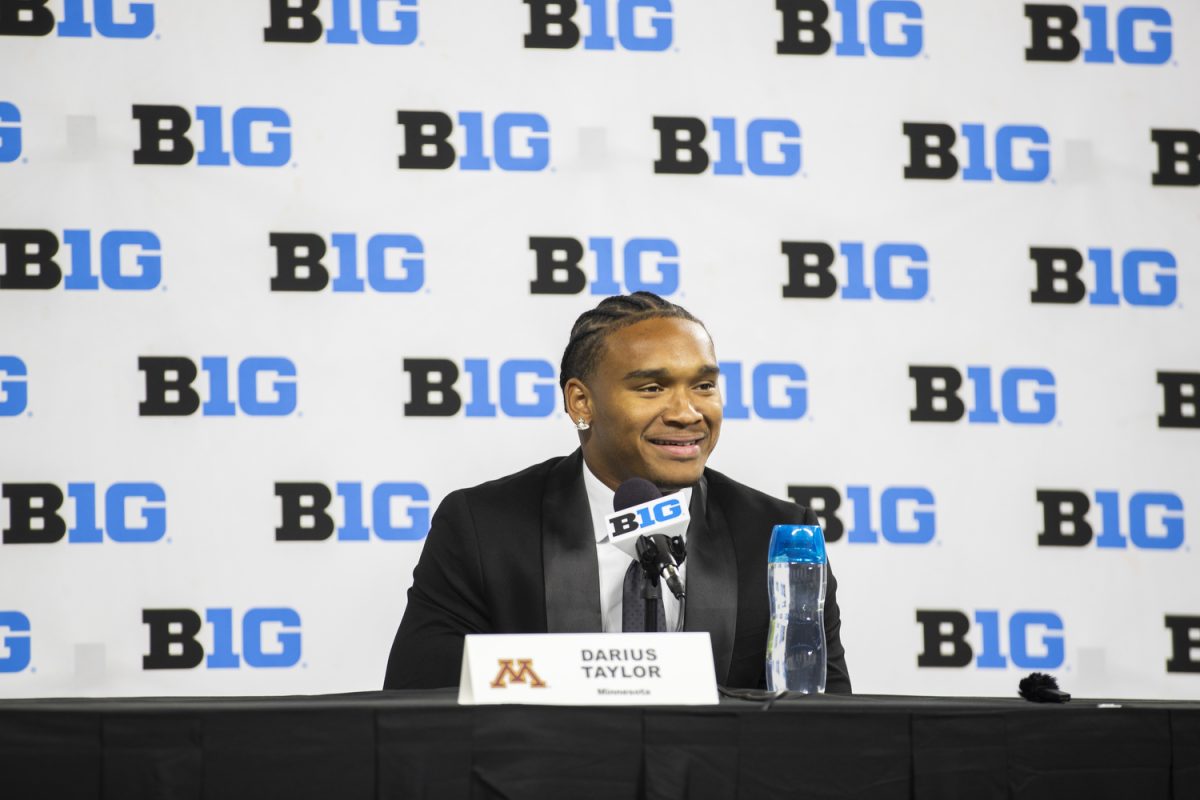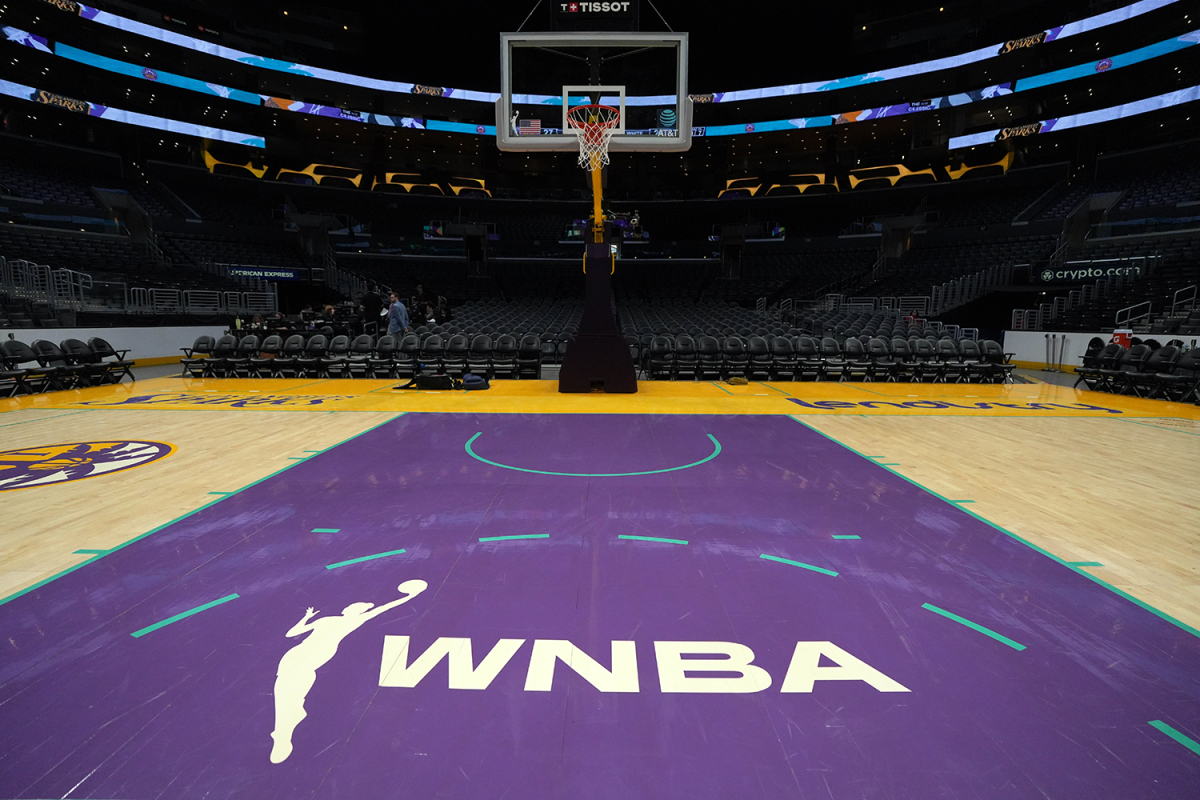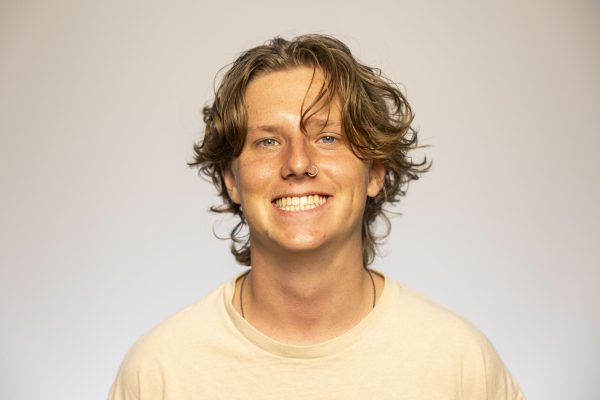I was born in California in 2004 to parents who immigrated from Sudan in the 1990s. My upbringing was a blend of American and Sudanese culture, and I used Arabic and English in a constant rotation.
The values my parents tried to instill in me were both from their home country and the one they chose to raise me in.
I, like many other third-culture kids, faced the struggle of understanding my identity and who I was, basically the premise of every Logic song — an artist commonly talked about on Black Twitter, now known as X, for his frequent mentioning of his biracial identity.
So, I decided to attempt to connect to my culture with the Sudanese Student Association at the University of Iowa.
The Sudanese Student Association at the UI is focused on connecting Sudanese students while also connecting the community in the city. While the Republic of Sudan is a country located in North Africa, over 7,000 Sudanese individuals live in Iowa, according to the World Population Review. The number of Sudanese immigrants who came to Iowa from 2005 to 2009 was almost 1,000, according to the Arab American Institute.
When I first arrived at the meeting, I was intimidated and felt out of place.
They spoke in fluent Arabic and sounded like the locals from back home. Their mannerisms, the dialect they spoke, and the way they carried themselves all made them seem indistinguishable from someone born and raised in Sudan.
They chatted about their summers, when they last saw each other, and how much they missed one another. It felt wrong being there, but it also felt wrong feeling out of place — why did I feel like a foreigner with people who had my exact background?
I did not find the “overly Americanized” Sudanese girls I hoped to meet. I was trying to suppress the feeling of running.
Once I was able to get past my nerves, I began to start a conversation with other members. The usual conversations of your year, major, and dorm turned into conversations about what area of Sudan we were from and who our families were.
Our first meeting of the year was filled with introductions and icebreakers, including guessing the executives from their baby pictures, bonding over our least favorite Sudanese foods — although I think the stew dish bamya was unrightfully slandered — and arguing over which city in Sudan was superior.
Afterward, I spoke to the association’s executives about their own relationships with Sudanese culture. The association’s president, Afraa Adam, shared her experience as a Sudanese person growing up in Des Moines.
“My family immigrated in 2005, I was their only child at the moment, I was 6 months old,” Adam said.
Adam said her parents implemented their language and culture in the home, and Arabic was consistently spoken. Food, clothes, and conversations about where they came from were always being given to her.
Her sister, Hifaa Adam, who works as the association’s treasurer, agreed that their parents made sure to always remind them where they came from.
There is a crossroads most immigrants come to when deciding how they want to raise their children, whether to hold on to their own culture, embrace the culture of the country they moved to, or find an in-between.
Although there are varying opinions within the immigrant community, most of the members of the association felt like their parents fell into the first option, with Sudanese culture being the dominant influence in their upbringing.
The Adam sisters mention their homelife being more conventionally “Sudanese.”
As someone who was raised in multiple countries surrounded by numerous cultures, I have often struggled with how I define myself and the cultures that have influenced me. What does it mean to be Sudanese? What does it mean to be American? Was I “white-washed”? What does that even mean? Can you even define what it means to be a part of a certain culture?
When asked how to define being Sudanese, Hifaa Adam used the word “strong”. Even with the wars and struggles back home, the people of Sudan have continued to show their strength.
I see this strength in the communities we have formed all around the world. I see this strength when the people of Sudan continuously fight against the authoritative regimes that try to suppress them. I see this strength when I watch the people of Sudan stay hopeful and kind, even during the bleakest circumstances.
One attendee of the SSA meeting, Waad Abdella, also touched on this topic.
“I feel like you can’t really define it [being Sudanese] to be honest,” Abdella said. “If you’re Sudani, you’re Sudani … That’s still your heritage, your culture, that’s your blood.”
When asked if they felt in touch with their culture, most members interviewed said they definitely do, although there are times when that could change.
Abdella mentioned feeling the most “in touch” with her culture when she visited Sudan, but when returning to America felt a “disconnect.” She described her middle school era as one where she felt confused and conflicted about who she was, although she has since grown out of that.
“I’d say now, I have a better sense of self,” Abdella said. “I know who I am, I know my culture, and I know my people.”
The SSA seems to be developing a strong community in the UI, and the room is filled with both Sudanese and non-Sudanese students.
The members said the club helped them get to know the people in their communities better and helped them form friendships with them.
“It’s easy to find people to study with, or even just go out with, talk to, ask questions with, or just chill with,” Abdella said.
Afraa Adam said this association is the place to find people who share your culture and experiences.
“It helps me be surrounded by people that have similar values, similar culture,” Adam said. “I like being able to bond over food, music.”




